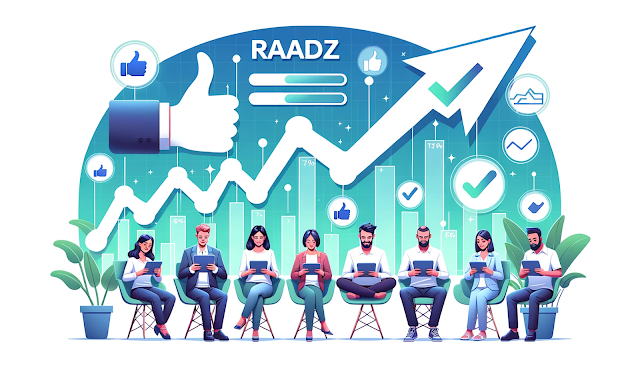Enhancing Ad Campaigns with RAADZ: Insights from the ‘Dear Sydney’ Ad Backlash
In the fast-paced world of advertising, even well-intentioned campaigns can miss the mark. Google's "Dear Sydney" ad for its Gemini AI, aired during the Olympics, is a prime example. Featuring a father using AI to help his daughter write a fan letter to Olympic hurdler Sydney McLaughlin-Levrone, the ad was pulled after significant backlash. Critics argued it promoted AI over genuine human interaction, leading to a negative reception. Viewers found it tone-deaf and disturbing, undermining the personal nature of writing a heartfelt fan letter.
Understanding the Backlash
The primary criticism of the "Dear Sydney" ad was its perceived insensitivity. By showcasing AI as a tool to replace a genuine, personal moment, the ad struck a nerve with viewers who value authentic human interactions. This backlash highlights a broader concern about AI encroaching on meaningful human experiences.
How RAADZ Could Have Made a Difference
RAADZ offers innovative market research tools that could have helped Google avoid these pitfalls:
Predictive Survey Model
RAADZ's predictive survey model, where respondents predict average answers, helps gather more accurate insights into audience perceptions. This model could have identified potential issues with the ad's message before it aired, highlighting how it might be received.
Gamification and Engagement
By integrating gamification into surveys, RAADZ ensures participants are more invested in providing thoughtful feedback. Google could have engaged a diverse demographic, ensuring feedback was representative of its target audience.
AI-Powered Analysis
RAADZ uses advanced AI to analyze data, providing deep insights into the emotional and psychological impact of content. This could have highlighted the ad's potential to be perceived as insensitive, allowing for adjustments before release.
Conclusion
The backlash against Google's "Dear Sydney" ad underscores the importance of thorough market research. RAADZ's innovative approaches to gathering and analyzing feedback could have provided Google with the insights needed to avoid such a misstep, ensuring their message resonated positively with their audience.
For more information on RAADZ, visit https://raadz.com




Comments
Post a Comment